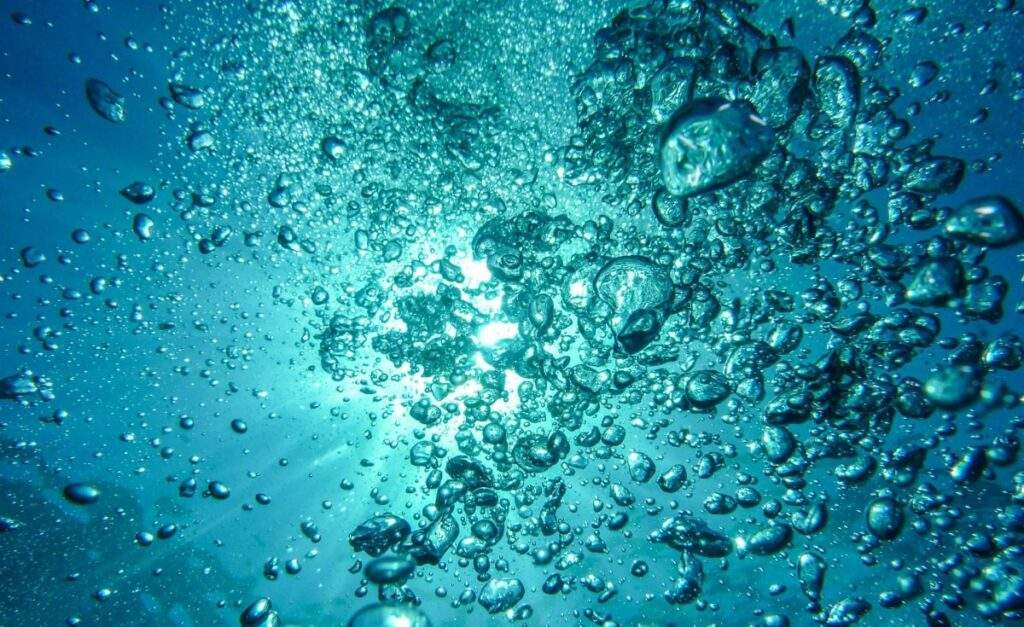Africa: An Opportunity to Make History in Ocean Preservation
The looming deadline of 20th September 2025 for the signing and ratification of the High Seas Treaty, officially recognized as the Biodiversity Beyond National Jurisdiction Treaty, presents a pivotal moment for the African continent. This groundbreaking treaty, aimed at protecting the High Seas and areas beyond national jurisdiction, signifies the first globally binding legal framework for the conservation and sustainable use of marine biodiversity. Despite encompassing nearly two-thirds of the world’s oceans, Africa has shown a lack of urgency in embracing this essential initiative. With only 12 African nations among the 84 countries that have signed the treaty, the continent’s collective effort is crucial in achieving the 60 ratifications required to bring the treaty into force. It is imperative for African states to realize that their support is vital as they represent the largest voting bloc at the United Nations (UN) with 54 member states.
Ensuring a Swift Transition into Force
Traditionally, global treaties face protracted timelines before entering into force, even after garnering widespread consensus. The High Seas Treaty, however, necessitates a faster trajectory than the UN Convention on the Law of the Sea (UNCLOS), which demanded 12 years to amass the 60 ratifications for its enforcement in 1994. Given Africa’s status as the largest collective voting bloc at the UN, its commitment is indispensable for expediting the High Seas Treaty into force.
The Stakes for Africa: Balancing Resource Utilization and Conservation
The preservation of the oceans holds significant implications for Africa, with its rich marine biodiversity serving as a fundamental resource for millions of people, driving economies, and shaping cultural identities. While nation states possess the right to exploit territorial waters and areas beyond national jurisdiction sustainably, as expressed in UNCLOS, this must be carried out with a commitment to safeguard and conserve the oceans for the benefit of future generations under the principle of the ‘common heritage of humankind’.
Pathways to Sustainable Blue Economies
The High Seas Treaty has the potential to guide the evolution of sustainable blue economies by harmonizing economic growth with environmental protection. Through the promotion of responsible fisheries management, equitable sharing of marine genetic resources, and tapping into ocean-based renewable energy sources, this treaty aligns with the vision of Agenda 2063, steering Africa towards a sustainable and prosperous future. Research by the High-Level Panel for a Sustainable Ocean Economy (Ocean Panel) suggests that every dollar invested in ‘key ocean actions’ could yield at least US$5 in global benefits by 2050, underscoring the transformative potential of this treaty.
Challenges and Opportunities in Implementation
While the High Seas Treaty presents diverse and promising opportunities, Africa faces challenges in effectively implementing its provisions. Heightened awareness and comprehensive understanding of the treaty’s benefits and significance are imperative at multiple governance levels. This necessitates awareness campaigns, educational programs, and capacity-building initiatives to equip government officials, policymakers, and stakeholders with the requisite knowledge and understanding for expeditious ratification. Additionally, aligning national policies and legislation related to marine biodiversity with the treaty’s requirements, bolstered by adequate financial resources and technical support, is essential.
Overcoming Financial and Capacity Constraints
African countries face limitations in allocating funds and investing in infrastructure and capacity-building measures to effectively implement the High Seas Treaty. To address this, collaborative efforts at the regional level and within the African Union are crucial in providing technical assistance, sharing best practices, and coordinating implementation efforts. Leveraging the AU’s Centres of Excellence to enhance scientific and technological capabilities in marine biodiversity research and management could yield substantial progress in this regard.
A Pivotal Role for the African Union
The African Union (AU) holds the potential to further galvanize support for the High Seas Treaty by advancing capacity-building initiatives and emphasizing active involvement in related discussions among member states. By prioritizing the treaty on the agenda and fostering knowledge capacity through the AU’s Centres of Excellence, the AU Commission can play a pivotal role in bolstering Africa’s efforts towards the treaty’s realization.
A Call to Action for a Sustainable Future
As the Paris Agreement’s swift entry into force ignites hope, there is immense potential for the High Seas Treaty to follow suit. A successful ratification would signify Africa’s commitment to safeguarding marine ecosystems, delivering substantial economic and environmental benefits for future generations. Ultimately, Africa’s pivotal role in bridging the gap between ideation and implementation of the treaty’s aspirational mandate has the power to pave the way for a sustainable and thriving future for the world’s oceans.
In this critical juncture, Africa must rise to the occasion, showcasing its leadership in ocean preservation and underscoring the continent’s integral role in the global pursuit of environmental sustainability.
